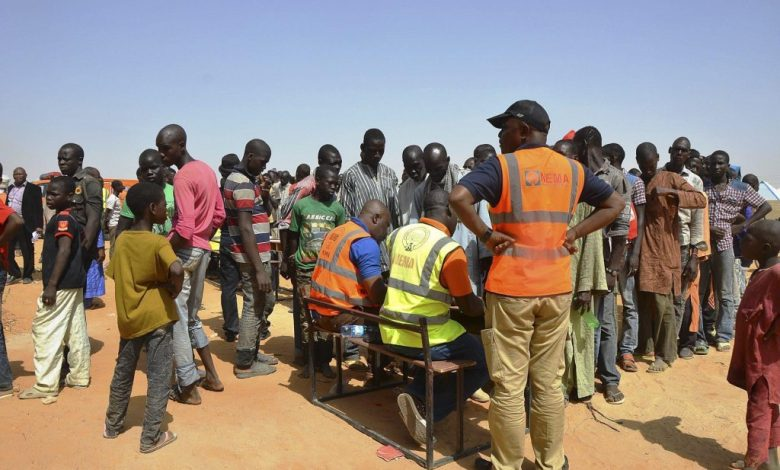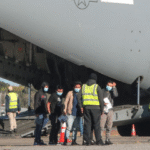At least 3,000 Cameroonian youths fleeing violence in the country’s Anglophone regions have fallen victim to human trafficking networks and are now trapped in Nigeria, according to the Justice and Peace Commission of the Catholic Diocese of Kumbo.
The alarming figure was confirmed by Lukong Isidore Njodzeven, deputy diocesan coordinator for the Commission, who revealed the victims were lured from the North West and South West regions.
“We worked closely with a pastor in Nigeria and can confirm that around 3,000 Cameroonians from the Anglophone regions are now trapped in Nigeria’s human trafficking ring.
“The crisis has created widespread displacement and deep poverty, and traffickers are taking full advantage,” Njodzeven told Crux.
The humanitarian toll of the conflict is devastating. UNICEF estimates that approximately 800,000 children are out of school due to the conflict, making them more vulnerable to trafficking and exploitation.
Homes have been destroyed, families torn apart, and entire communities destabilized, leaving many susceptible to promises of safety and prosperity abroad.
Njodzeven explained that traffickers often present countries like Ghana, Togo, Burkina Faso, and Niger as ideal destinations with job opportunities, especially in booming sectors like gold mining. Desperate families, clinging to hope, sometimes sell their land or belongings to fund the journey.
However, victims often end up in Nigeria instead, where they are subjected to forced labour, sexual exploitation, and other forms of abuse.
“They’re promised a better life but find themselves in captivity. Once across the border, their passports and phones are taken.
“From time to time, traffickers allow them to call home, but only to ask for more money under the guise that they’re okay,” Njodzeven said.
The International Labour Organization’s 2024 report highlights the scale of the global trafficking crisis, estimating that forced commercial sexual exploitation alone generates $172.6 billion annually.
The UN puts the number of people in modern slavery at 49.6 million, including 12 million children.
The United Nations Office on Drugs and Crime (UNODC) adds that 17.3 million trafficking victims are exploited by private entities, 6.3 million are forced into commercial sex work, and 3.9 million are victims of forced labor by state actors.
“These aren’t just statistics. These are lives,” said Yvonne Fonka, Gender-Based Violence Focal Point at the Kumbo Diocese.
“Fighting trafficking is difficult because the networks are well-connected—sometimes involving powerful individuals,” she added.
Fonka noted that victims often stay silent out of fear of retribution or shame, especially when their families have sacrificed everything to finance their migration.



